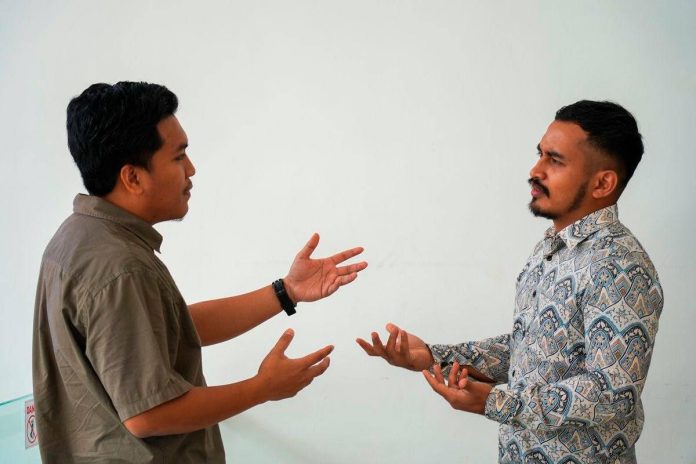PETALING JAYA: While mental health may be receiving more focus in Malaysian workplaces, many employees say stigma, distrust and weak organisational support still make open conversations about wellbeing difficult.
Vigh, 25, a site engineer, said awareness may be rising, but inclusion hasn’t caught up.
“I wouldn’t say I’m completely comfortable sharing my mental health challenges. It might make me look weaker to management or affect how they view my capability,” he said.
He added that his company promotes mental health through talks and wellness programmes, but these rarely reach on-site workers.
“For those of us in the field, it’s hard to attend,” he said. “Companies need to realise everyone deserves time and space to take part.”
Vigh added that long hours and irregular shifts take a toll on both mental and physical health.
“Flexible hours, fair workload distribution and one-on-one check-ins would help. A supportive environment is just as important as good allowances,” he said.
Ellie, 28, a customer service representative at a telecommunications firm, said she feels safer confiding in colleagues than in management.
“I can talk to my teammates because we understand each other, but I don’t trust management enough to share personal struggles,” she said. “They haven’t built a trustworthy image.”
Ellie said HR encourages staff to speak up, but little changes when they do.
“When I did, nothing changed. We don’t have counsellors, therapy sessions or mental health talks. Everything feels like a formality,” she said.
She hopes employers will start turning words into action.
“Provide therapy allowances, mental health assessments and one-on-one HR sessions,” she said. “That’s how you offer real help before things get worse.”
For Haminuddin, a marketing executive, the problem lies in unrealistic expectations and lack of empathy.
“My job goes far beyond my title,” he said. “I do video shoots, editing, even unrelated tasks – but expectations keep rising.”
He said toxic workplaces can’t be fixed with token awareness efforts.
“There’s no follow-up, no real effort, just PR. If a workplace is toxic, no amount of ‘mental health days’ can fix it. The most important thing is compassion. Treat employees like human beings, not machines. Even a bit of empathy would go a long way.”








